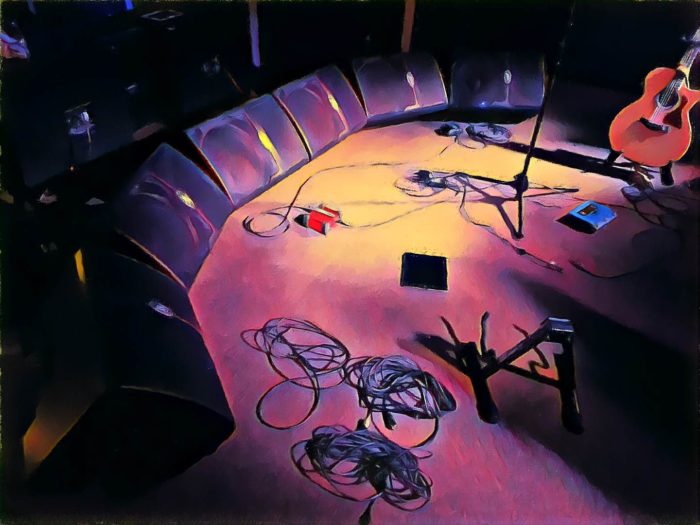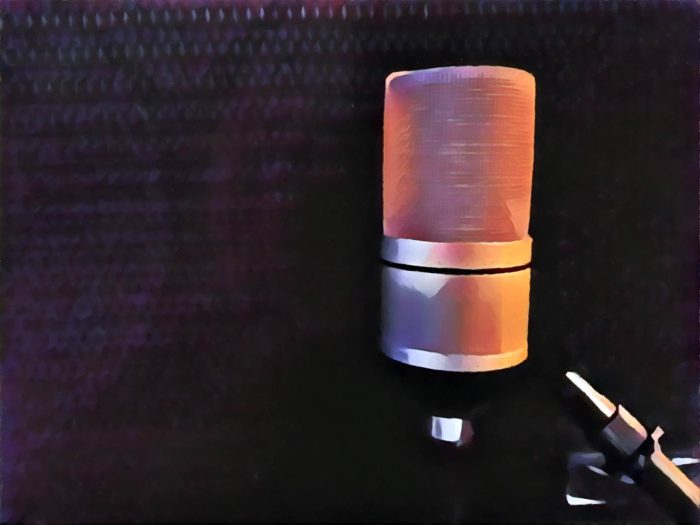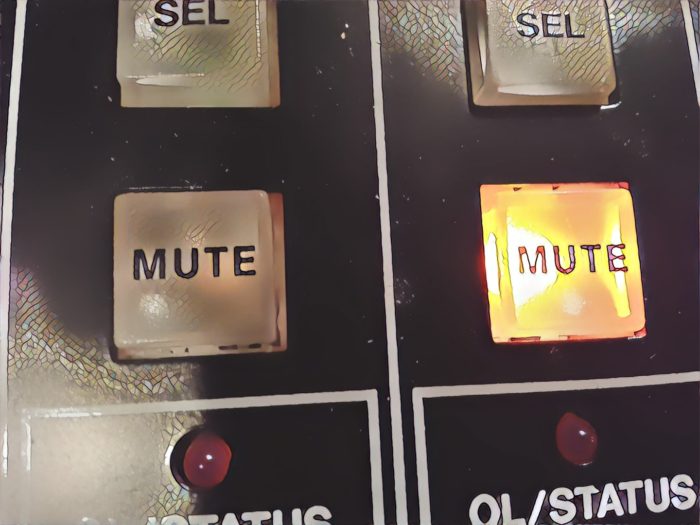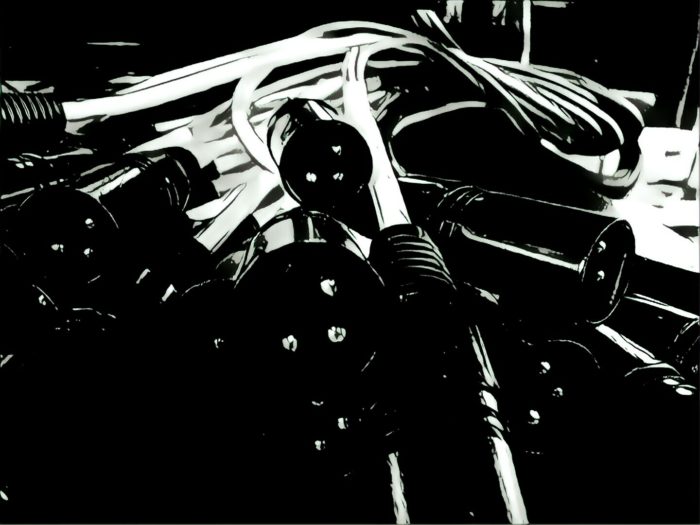I will endure a lot – if the crew is great to work with.
Please Remember:
The opinions expressed are mine only. These opinions do not necessarily reflect anybody else’s opinions. I do not own, operate, manage, or represent any band, venue, or company that I talk about, unless explicitly noted.

 Want to use this image for something else? Great! Click it for the link to a high-res or resolution-independent version. Original image found on Pixabay: https://pixabay.com/en/ice-cream-cone-melting-hot-1274894/
Want to use this image for something else? Great! Click it for the link to a high-res or resolution-independent version. Original image found on Pixabay: https://pixabay.com/en/ice-cream-cone-melting-hot-1274894/If the Food is Good Enough, the Grunts Will Stop Complaining About the Incoming Fire.
I don’t think I can over-stress how important the “people factors” are in this business. Technical prowess, the right gear, logistics coordination…all those things are important, but they don’t stay glued together without excellent people.
Or, to present it the other way, nothing has ever made me dread a show more than the anticipation of working with unpleasant personnel. I can laugh-off most technical misadventures. I’m at peace with what audio humans can and can’t fix, from musical arrangements to acoustics. Terrible load-ins? Those can be handled. But put people who are hard to work with into the mix, and even a great show at a great venue isn’t so hot anymore. I’d rather be somewhere else.
The success threshold isn’t that high. What’s required is nothing more than general politeness, a strong sense of how the show is a “team sport,” and the ability to find the humor in all the foibles and fumbles associated with a gig. Being a guru at all things audio and lighting isn’t the make or break element, helpful though it is. Whether you can master the kindergarten-level imperatives of getting along with others is the fundamental element.
I’m spoiled, by the way. I regularly get to share workspace with some of the most professional craftspersons I can imagine. Folks who are highly proficient in technical execution while being patient, funny, kind, and helpful. We can load-out at 3:00 or 4:00 in the morning with a smile and a laugh, because we’re a team. We’re there to help each other win as a group, rather than to feed our own individual egos. We can chuckle at ourselves.
In contrast, I’ve been in more than one situation where the importance of the above has been demonstrated in the negative. I am especially put-off by folks who turn around and bark at me because I didn’t telepathically ascertain what they wanted next. (This goes over even more poorly when I’m essentially bailing them out of a tight spot.) When such a thing happens, I think a couple of thoughts to myself:
1) “Dude, the color of your chakra alignment pathways is a sort of oxidized, black Camaro, and what we need now is more of a Caribbean azure.”
2) “I hope this person never calls me again.”
There’s almost no show out there, of any difficulty, that can’t be made at least tolerable by involving great people.
…and there’s no “plush,” easy gig that can’t be made intolerable by bad attitudes and an inability to be polite.








